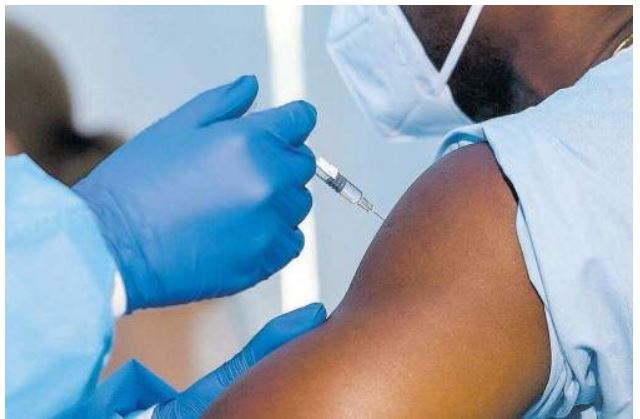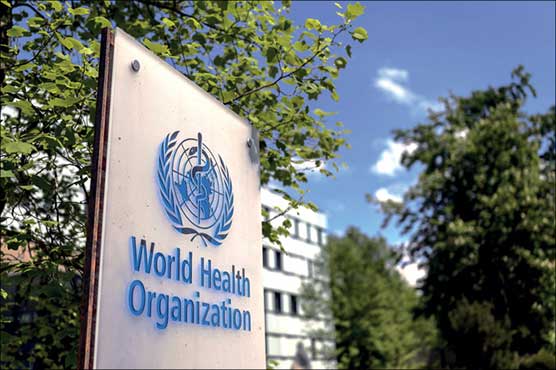BRIDGETOWN, Barbados, Oct 29, CMC – A study of gay, bisexual and other men who have sex with men, has found that there “is a complex web of sexual identity expressed and experienced by men across the Caribbean”.
The study -The Caribbean Men’s Internet Survey (CARIMIS) – was done by the Joint United Nations Programme on HIV and AIDS (UNAIDS) Caribbean Regional Support Team in collaboration with Sigma Research of the London School of Hygiene and Tropical Medicine. It was partly supported by the United States Agency for International Development (USAID).
The data was collected during the period November 2011 to June 2012 and targeted men who were 18 or older, lived in the Caribbean and were either attracted to men, had sex with men, or thought they might do so in the future.
The sample comprised 3,567 men living in 33 Dutch, English, French and Spanish-speaking Caribbean countries and territories. Almost half of CARIMIS respondents (47 per cent) were university graduates, while 50 per cent attained secondary or post-secondary education.
A statement issued by the organsiers said that while the results are not representative of all men who have sex with men in the Caribbean, they offer insight into the experiences of people who do not typically participate in traditional behavioural surveys.
“Now that we have called attention to the issue, how do we really begin to have the conversations in our homes, churches, mosques, temples and parliaments? How do we translate a lot of these findings to inform policy?” asked Dereck Springer, Director of the Pan Caribbean Partnership against HIV and AIDS (PANCAP).
“At the level of PANCAP the current focus is to reduce stigma, eliminate discrimination and uphold human rights for everyone. But the real work has to be done at the level of the family and community,” he added.
The study found that 52 per cent of the CARIMIS respondents had not come out to many of their family members, friends, work or school colleagues. The survey found that while those who were out tended to have more positive self-perception and exhibit better health-seeking behaviour, those who were not were less vulnerable to homophobic abuse.
“This is the paradox of stigma. Fear and secrecy may make a man less likely to experience harassment or violence, but also less likely to have safer sex,” said UNAIDS Caribbean Director, Dr. Ernest Massiah.
The survey also found that many CARIMIS respondents experience intimidation, verbal abuse and violence because of their sexuality. Within the past month of responding to the survey, one in three had been stared at or intimidated, while almost one in four experienced verbal insults or name-calling.
About one in 10 reported being physically assaulted in the past five years. Younger men and those who were more out were more vulnerable to intimidation and verbal abuse.
David Soomarie, Coordinator of Community Action Resource (CARE), one of the region’s oldest non-governmental organisations serving people living with HIV, noted the value of responding to the new ways in which people express and negotiate their sexuality.
“The study shows that there is a complex web of sexual identity expressed and experienced by men across the Caribbean.
“It provided a space for disclosure of sexual desire and behaviour that would otherwise be ridiculed in public spaces. Crimes of physical and sexual violence are often not reported for fear of this kind of ridicule. This approach shows a key avenue for behaviour change interventions,” Soomarie said.
Massiah said that there have been and always will be adult men who have private, consensual relationships with other men.
““We need to remove laws that perpetuate prejudice against these people. We need anti-discrimination legislation. We need more faith-based organisations to raise their voices against discrimination. And we need communities affected by HIV to assert their right to respect and dignity,” he added.



